Photo: Sal Idriss/Redferns/GettyImages
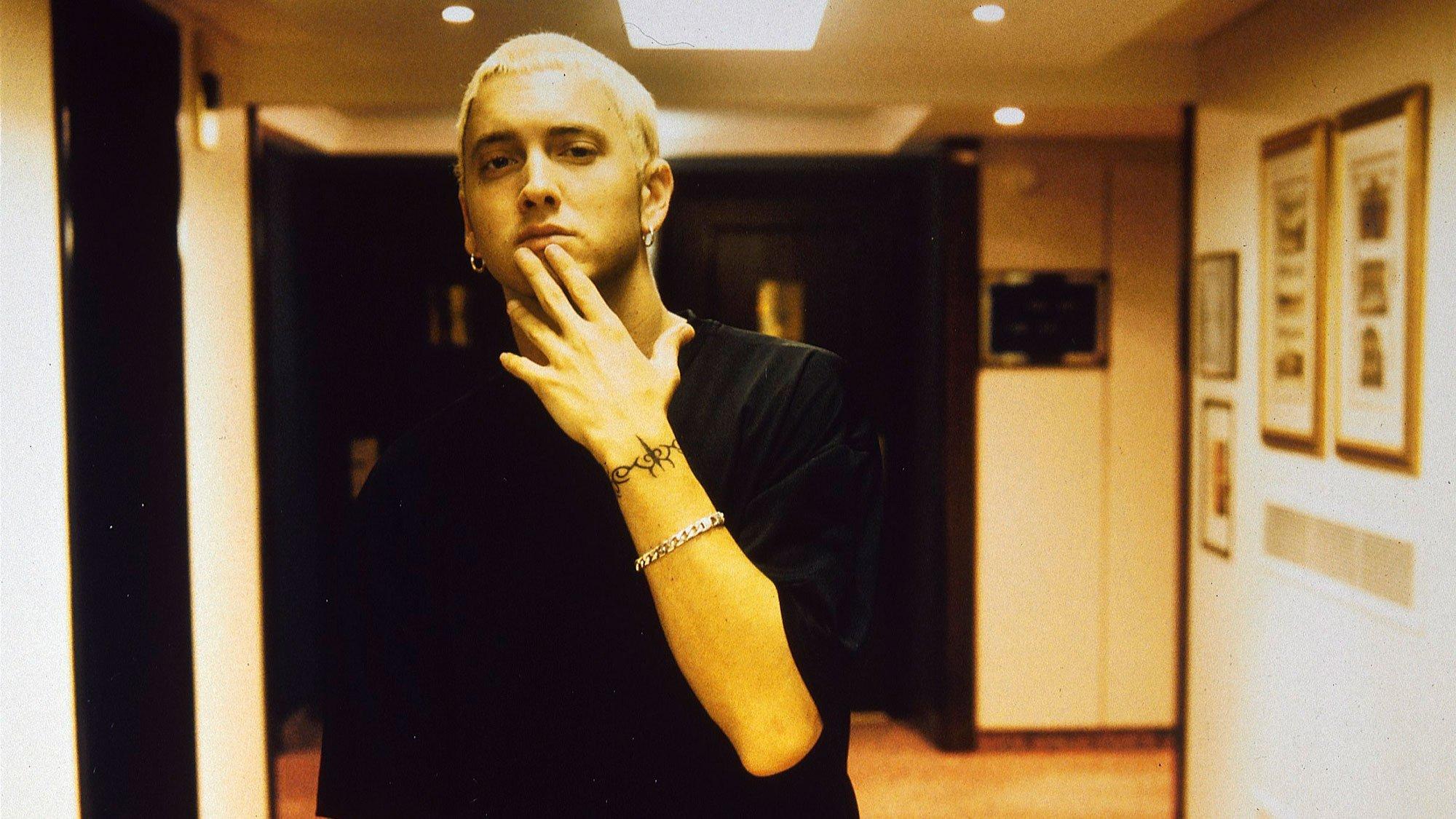
list
4 Reasons Why Eminem's 'The Slim Shady LP' Is One Of The Most Influential Rap Records
Eminem’s major label debut, 'The Slim Shady LP,' turns 25 on Feb. 23. The album left an indelible imprint on hip-hop, and introduced the man who would go on to be the biggest-selling artist of any genre in the ensuing decade.
A quarter century has passed since the mainstream music world was first introduced to a bottle-blonde enfant terrible virtuoso who grabbed everyone’s attention and wouldn’t let go
But enough about Christina Aguilera.
Just kidding. Another artist also exploded into stardom in 1999 — one who would become a big enough pop star, despite not singing a note, that he would soon be feuding with Xtina. Eminem’s biting major label debut The Slim Shady LP turns 25 on Feb. 23. While it was Eminem's second release, the album was the first taste most rap fans got of the man who would go on to be the biggest-selling artist in any genre during the ensuing decade. It also left an indelible imprint on hip-hop.
The Slim Shady LP is a record of a rapper who was white (still a comparative novelty back in 1999), working class and thus seemingly from a different universe than many mainstream rappers in the "shiny suit era." And where many of those contemporaries were braggadocious, Eminem was the loser in his rhymes more often than he was the winner. In fact, he talked so much about his real-life childhood bully on the album that the bully ended up suing him.
It was also a record that played with truth and identity in ways that would become much more difficult once Em became world famous. Did he mean the outrageous things he was saying? Where were the knowing winks, and where were they absent? The guessing games that the album forced listeners to play were thrilling — and made all the more intense by his use of three personas (Marshall Mathers the person; Eminem the battle rapper; and Slim Shady the unhinged alter ego) that bled into each other.
And, of course, there was the rhyming. Eminem created a dizzying array of complicated compound rhymes and assonances, even finding time to rhyme "orange" — twice. (If you’re playing at home, he paired "foreign tools" with "orange juice" and "ignoring skill" with "orange bill.")
While the above are reason enough to revisit this classic album, pinpointing The Slim Shady LP's influence is a more complicated task. Other records from that year — releases from Jay-Z, Nas, Lil Wayne, Ludacris, and even the Ruff Ryders compilation Ryde or Die Vol. 1 — have a more direct throughline to the state of mainstream rap music today. So much of SSLP, on the other hand, is tied into Eminem’s particular personality and position. This makes Slim Shady inimitable; there aren’t many mainstream rappers complaining about their precarious minimum wage job, as Em does on "If I Had." (By the time of his next LP, Em had gone triple-platinum and couldn’t complain about that again himself.)
But there are aspects of SSLP that went on to have a major impact. Here are a few of the most important ones.
It Made Space For Different Narratives In Hip-Hop
Before Kanye rapped about working at The Gap, Eminem rapped about working at a burger joint. The Slim Shady LP opened up space for different narratives in mainstream rap music.
The Slim Shady LP didn't feature typical rags-to-riches stories, tales of living the high life or stories from the street. Instead, there were bizarre trailer-park narratives (in fact, Eminem was living in a trailer months after the record was released), admissions of suicidal ideation ("That’s why I write songs where I die at the end," he explained on "Cum on Everybody"), memories of a neglectful mother, and even a disturbing story-song about dumping the corpse of his baby’s mother, rapped to his actual child (who cameos on the song).
Marshall Mathers’ life experience was specific, of course, but every rapper has a story of their own. The fact that this one found such a wide audience demonstrated that audiences would accept tales with unique perspectives. Soon enough, popular rappers would be everything from middle-class college dropouts to theater kids and teen drama TV stars.
The Album Explored The Double-Edged Sword Of The White Rapper
Even as late in the game as 1999, being a white rapper was still a comparative novelty. There’s a reason that Em felt compelled to diss pretty much every white rapper he could think of on "Just Don’t Give a F—," and threatened to rip out Vanilla Ice’s dreadlocks on "Role Model": he didn’t want to be thought of like those guys.
"People don't have a problem with white rappers now because Eminem ended up being the greatest artist," Kanye West said in 2015. You can take the "greatest artist" designation however you like, but it’s very true that Eminem’s success meant a categorical change in the status of white rappers in the mainstream.
This turned out to be a mixed blessing. While the genre has not, as some feared, turned into a mostly-white phenomenon, America’s racial disparities are often played out in the way white rappers are treated. Sales aside, they have more room to maneuver artistically — playing with different genres while insulting rap a la Post Malone, or even changing styles completely like Machine Gun Kelly — to commercial approbation. Black artists who attempt similar moves are frequently met with skepticism or disinterest (see André 3000’s New Blue Sun rollout, which was largely spent explaining why the album features no rapping).
Sales are worth speaking about, too. As Eminem has repeatedly said in song, no small amount of his popularity comes from his race — from the fact that white audiences could finally buy music from a rapper who looked like them. This was, as he has also bemusedly noted, the exact opposite of how his whiteness worked for him before his fame, when it was a barrier to being taken seriously as a rapper.
For better, worse, or somewhere in between, the sheer volume of white rappers who are currently in the mainstream is largely traceable to the world-beating success of The Slim Shady LP.
It Was Headed Towards An Odd Future
SSLP laid groundwork for the next generation of unconventional rappers, including Tyler, the Creator.
Tyler is a huge Eminem fan. He’s said that listening to Em’s SSLP follow-up The Marshall Mathers LP was "how I learned to rap." And he’s noted that Em’s Relapse was "one of the greatest albums to me."
"I just wanted to rap like Eminem on my first two albums," he once told GQ. More than flow, the idea of shocking people, being alternately angry and vulnerable, and playing with audience reaction is reflected heavily on Tyler’s first two albums, Goblin and Wolf. That is the template The Slim Shady LP set up. While Tyler may have graduated out of that world and moved on to more mature things, it was following Em’s template that first gained him wide notice.
Eminem Brought Heat To Cold Detroit
The only guest artist to spit a verse on The Slim Shady LP is Royce da 5’9". This set the template for the next few years of Eminem’s career: Detroit, and especially his pre-fame crew from that city, would be his focus. There was his duo with Royce, Bad Meets Evil, whose pre-SSLP single of "Nuttin’ to Do"/"Scary Movies" would get renewed attention once those same two rappers had a duet, smartly titled "Bad Meets Evil," appear on a triple-platinum album. And of course there was the group D12, five Detroit rappers including his best friend Proof, with whom Eminem would release a whole album at the height of his fame.
This was not the only mainstream rap attention Detroit received in the late 1990s. For one thing, legendary producer James "J Dilla" Yancey, was a native of the city. But Eminem’s explosion helped make way for rappers in the city, even ones he didn’t know personally, to get attention.
The after-effects of the Eminem tsunami can still be seen. Just look at the rise of so-called "scam rap" over the past few years. Or the success of artists like Babyface Ray, Kash Doll, 42 Dugg, and Veeze. They may owe little to Em artistically, but they admit that he’s done great things for the city — even if they may wish he was a little less reclusive these days.
Is Eminem's "Stan" Based On A True Story? 10 Facts You Didn't Know About The GRAMMY-Winning Rapper
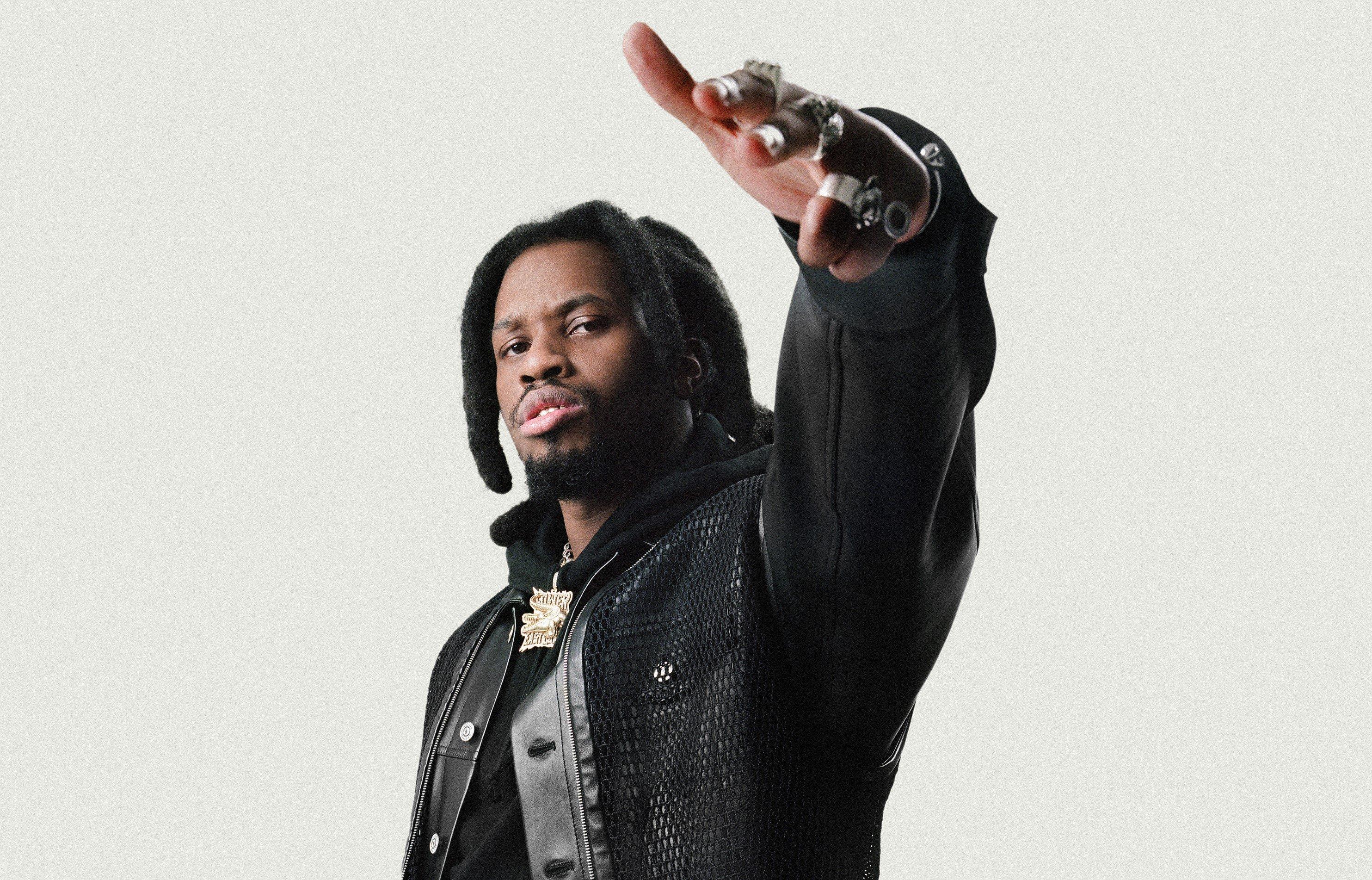
Photo: Giovanni Mourin
interview
Denzel Curry Returns To The Mischievous South: "I've Been Trying To Do This For The Longest"
Over a decade after he released 'King of the Mischievous South Vol. 1,' Denzel Curry is back with 'Vol. 2.' The Miami rapper details his love of Southern hip-hop, working on multiple projects, and the importance of staying real.
Denzel Curry isn’t typically one for repetition. His recent run of critically acclaimed projects have all contrasted in concept and musicality.
The Miami Gardens native has cascaded through boom-bap, synth-soaked trap metal, and cloud rap throughout his catalog. But on his upcoming project, King of the Mischievous South Vol. 2, Curry returns to the muddied, subwoofer-thudding soundscape that he captured on the first installment back in 2012.
Curry was just 16 when he released King of the Mischievous South Vol. 1 Underground Tape 1996]. "I was a kid, man," Curry tells GRAMMY.com. "I was just trying to emulate my favorite rappers at the time who really represented the South. That was pretty much what I was on at the time – the Soulja Slims, the No Limits, but mostly Three 6 Mafia. And then I just put Miami culture on top of that."
Curry first explored the rough-cut "phonk" of Southern acts like DJ Screw and Pimp C as a teenager. His first mixtape, King Remembered Underground Tape 1991-1995, caught the attention of then-rising rapper and producer SpaceGhostPurrp. He shared Curry’s project on his social media accounts, making him an official member of South Florida’s Raider Klan.
Read more: A Guide To Southern Hip-Hop: Definitive Releases, Artists & Subgenres From The Dirty South
The now-defunct group is well behind Curry, who’s ascended from the infancy of his early SoundCloud days to mainstream success. But the rapid-fire delivery and hazy, rough-cut sounds of early Southern rap are still soaked into his musical fibers.
Reignited by the same musical heroes that led to Vol. 1, Curry is comfortable in old sonic form. Vol. 2's lead singles "Hot One" (feat. A$AP Ferg and TiaCorine) and "Black Flag Freestyle" with That Mexican OT fully capture the sharp-edged sound that stretched from Port Arthur, Texas to the Carolinas.
The rapper wanted to go back to the KOTMS series nearly a decade ago, but other projects and outside ventures derailed his return. "I tried to do this thing multiple times," Curry tells GRAMMY.com. "I remember revisiting a [social media post] from 2015 that was like, ‘KOTMS Vol. 2055 is now going to be called Imperial.’ I’ve been trying to do this for the longest."
A string of bouncy, syrup-pouring, and playalistic Southern trap songs led him back to familiar grounds. The new 15-song capsule features Juicy J, 2 Chainz, Project Pat, That Mexican OT, Maxo Kream, and others inspired by the same pioneers that fall below the Mason-Dixon line.
GRAMMY.com sat down with Curry before the release of King of the Mischievous South Vol. 2 on July 19. The "Ultimate" rapper revealed his "Big Ultra" persona, his ability to crank out hits from his bedroom, and his recent discoveries being "outside."
This interview has been lightly edited for clarity and length.
What inspired you to revisit the 'King of the Mischievous South' series?
I was making two projects at once, and there was a through-line from the second half of the project. The second one I was working on kind of just manifested itself into what it is today, 12 years later. And it’s called King of the Mischievous South Vol. 2 because it has the same sonics as the first one.
You mentioned Three 6 Mafia being a big inspiration for Vol. 1. But what about Vol. 2?
The first KOTMS was obviously Three 6 Mafia, and then Lord Infamous was really the person I looked up to, God rest his soul. I get my rap style from him — the rapid flows and stuff like that. You can even hear it on "Walkin’" and "Clout Cobain." But since I’m from Miami, I’m talking about stuff that predominantly happens in Miami. And I’m influenced by Soulja Slim, Master P, DJ Screw, UGK, Trina, Trick Daddy, and Rick Ross.
How did you juggle the two different projects at once?
When I wasn’t working on one project, I was working on the other one. Sometimes I would be working on the same two projects on the same day. I was like, If this one won’t see the light of day until next year, this one has to hold fans over. And the one that was supposed to hold fans over ended up having a crazy through-line.
What were the studio sessions like?
When it came down to the production, I was just making these songs on the fly. A couple came out of Ultraground sessions, but the majority of the songs were made in my bed — just how it was with the first one. "Hot One" was made in my house downstairs, and "Hit The Floor" was made in a random room in an AirBnb. And I think the rest of the songs were made in an actual studio.
I was just flowing, doing my thing, and figuring things out. I was working on one project, and when I wasn’t getting called back to the studio, I was working on another one on the side. The grind didn’t stop.
Was there an element or feature that you really wanted to explore?
I just knew I wanted certain rappers to be featured on [project]. When I was working on "Set It," I originally wanted PlayThatBoiZay. But he didn’t get the record done or whatever the case may be. So, I sent it to Maxo Kream, and he ended up just doing it. And when I made "Wish List," I got Armani White on it. Me and him came off of doing "Goated," so getting that record done was really simple. He pulled up to the studio and he said, "This is tight," and then jumped on the record.
Some stuff didn’t make the cut because we couldn’t get certain people. But the majority of the stuff that made the cut, we were like, "Yes, we did that." Then having people like Ski Mask the Slump God, 2 Chainz, Project Pat, and Juicy J — all these guys played a role. I’m getting people from the South, whether they’re from Texas, Florida, or the Carolinas. And even people outside of the South, like A$AP Ferg and Armani White, they’re all influenced by the same artists.
Learn more: A Guide To Texas Hip-Hop: Definitive Releases, Artists & Events
Your persona on the album, "Big Ultra." Break that down for me.
This is how the name came about — my boy’s nickname is Mr. Don’t Fold. It’s kind of a play on "Mr. Don’t Play," so we came up with "Big Ultra" because I’m doing "ultraground" stuff. It wasn’t on some superpower s—, it’s just me, pretty much. It’s how I wanted to be presented on this tape. It’s just me at the end of the day, it’s no persona.
You’ve been in the rap game for a while. Do you consider yourself a veteran?
I think I’m mostly in a formation period because my best years haven’t even happened yet. I feel like I’m just getting my reps in, preparing myself for my 30s. You know, going through the bulls—, having good times, having bad times.
By the time I get to 30, 35, and 40 — God willing — I could have a fruitful career and not be backtracked by dumb s—. I see myself as someone with a lot to offer because I’m still young.
Do you care about garnering more fame or acclaim? Or is there no need for it?
All my projects are critically acclaimed. The main thing is staying good at what I do. That comes with a lot of effort, a lot of studying, and a lot of work. I take pride in my job and I have fun making music.
I think the hardest part is putting myself out there and being visible. I’m starting to understand that’s what I had to do. I got asked the same question five times in a row about when my album was dropping. I’ve been saying July 19 for the longest. Like, people really haven’t been paying attention? C’mon, bro.
What do you feel is the next step?
I’m just trying to be more visible where the younger generation is at. Most people know me for "Ultimate," "Clout Cobain," or the [XXL Freshman Class] Cypher if I’m being totally real with you. But in due time, everybody has blessings in certain parts of their career. And I’ve been blessed to have a career this long.
All I have to do is just deliver, be real with myself, and do what I have to do. I got to lean into being outside. I didn’t know who messed with me or who liked my stuff until I started going outside and talking to people. You never know who rocks with you until you're outside.
As far as the music and experience, where does the album rank for you?
I didn’t think about where I’d rank this. We had a whole decade of producing great records, and people look forward to the album experience more than the single when it comes to me. This is what it is, and I just want people to enjoy it. It’s not something to put too much effort or thought into. It’s something you can bump into the club, or you could go to a show and turn up to it. That’s where I’m at with it.
Are there any other sounds or genres you want to explore?
It’s going to happen when it’s supposed to happen naturally. But I do want to explore pop and R&B a year from now. I want people to be able to sing my songs and stuff like that.
Latest Rap News & Music

5 Ways Mac Dre's Final Living Albums Shaped Bay Area Rap

Denzel Curry Returns To The Mischievous South: "I've Been Trying To Do This For The Longest"

5 Rising L.A. Rappers To Know: Jayson Cash, 310babii & More
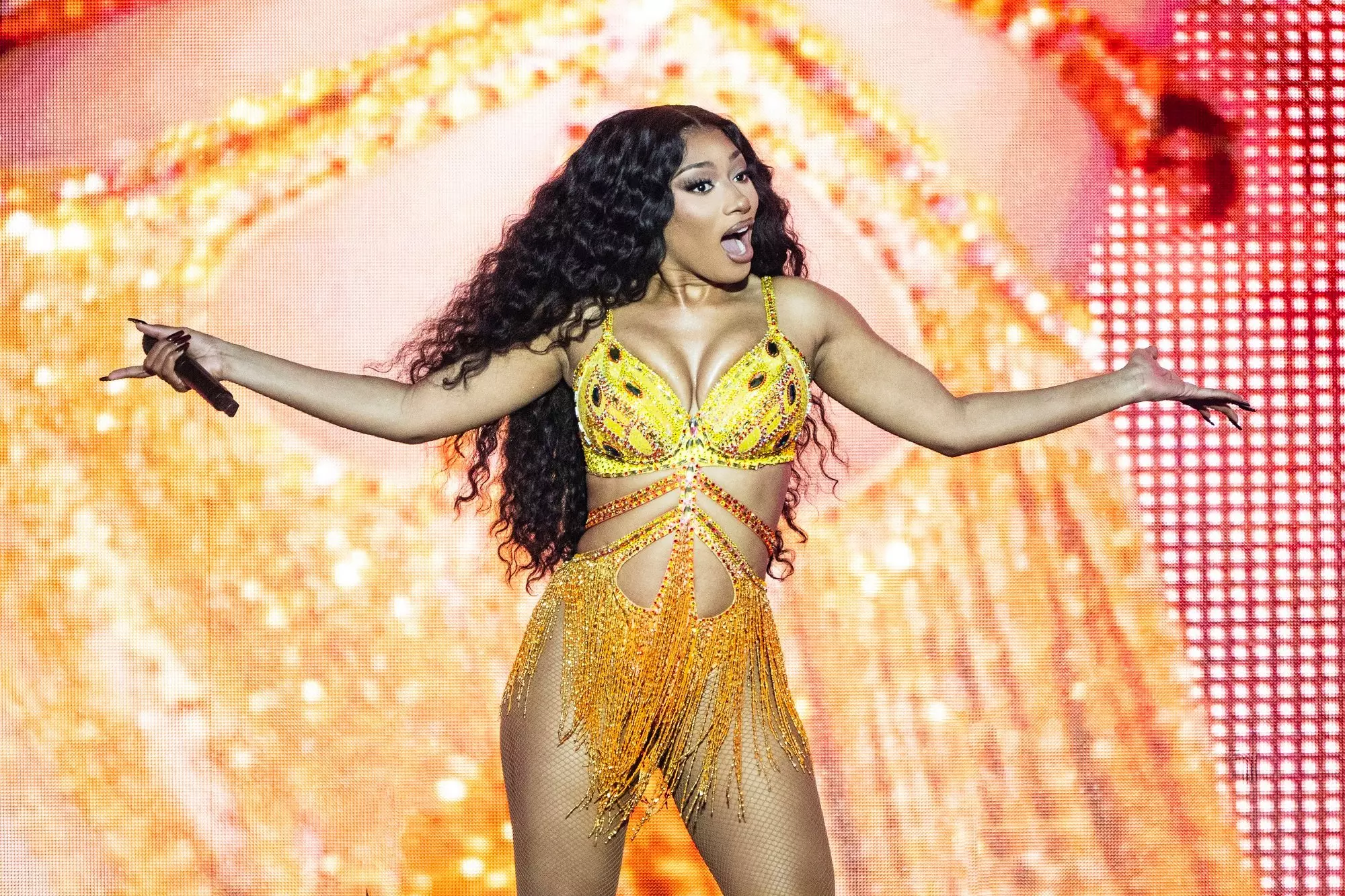
6 Takeaways From Megan Thee Stallion's 'Megan': Snakes, Shots & Self-Assurance

Celebrate 40 Years Of Def Jam With 15 Albums That Show Its Influence & Legacy

Photo: Amy Lee
list
5 Rising L.A. Rappers To Know: Jayson Cash, 310babii & More
From San Diego to the Bay Area, Seattle and beyond, the West Coast bursts with talent. Los Angeles is at the heart of this expanse, and these five rappers are just a few who are showcasing the vibrant sounds of West Coast hip-hop.
GRAMMY winners Kendrick Lamar and Mustard have long repped their California roots. Earlier this summer, their powerhouse anthem "Not Like Us" brought West Coast rap back to its roots and shone a global spotlight on the scene.
Lamar and Mustard are at the forefront of a renaissance in West Coast rap. Their shared roots in Southern California cities — Mustard from Los Angeles and Kendrick from Compton — adds authenticity and resonance to their partnership. Their undeniable chemistry was on display in the video for "Not Like Us," which received a million views less than an hour after its release.
Mustard's signature beats and Lamar's profound lyricism has resurfaced the sound and culture that makes West Coast rap so unique and paved the way for a new generation of artists. All signs suggest that another impactful collaboration may appear on Mustard's upcoming album, Faith of A Mustard Seed.
Learn more: A Guide To Southern California Hip-Hop: Definitive Releases, Artists & Subgenres From L.A. & Beyond
Kendrick Lamar headlined the electrifying Pop Out concert on Juneteenth, which also featured sets from Mustard and DJ Hed. The event saw a handful of L.A. rappers, opening for Lamar in a showcase of the vibrant talent that defines the region's rap scene.
The West Coast is a vast reservoir of talent, stretching from the Bay Area to Seattle. At the heart of this creative expanse is Los Angeles, which brings fresh perspectives, innovative styles, and renewed energy to hip-hop, ensuring the genre thrives. With the stage set for these newcomers to shine, it's the perfect time to take a closer look at some of the rising talents poised to impact the rap scene. While this list only scratches the surface, it offers a glimpse into the diverse and exciting talent from SoCal, the epicenter of the West.
Blxst
Arising from Los Angeles, Blxst initially played the background as a producer but soon demonstrated his ability to excel across all facets of music creation. Blxst's breakout moment came with his platinum-certified single "Chosen," which solidified his place in the music industry. His collaboration on Kendrick Lamar's "Die Hard" from Mr. Morale And The Big Steppers further showcased his skill for crafting hooks that elevate tracks, resulting in two GRAMMY nominations.
As he prepares to release his debut album, I'll Always Come Find You on July 19, Blxst stands at a pivotal point in his career. With a great resume already to his name, his forthcoming album promises to showcase his undeniable talent and leave a lasting impact on the West Coast music scene.
Bino Rideaux
Bino Rideaux is a South Central native and frequent collaborator with the GRAMMY-winning rapper Nipsey Hussle. He is the only artist to have a joint project with Hussle, No Pressure, released before the prolific rapper's untimely death. Rideaux has hinted at having a treasure of unreleased music with Hussle, saved for the perfect moment and album.
Rideaux is known for creating tracks that get the city outside and dancing. He has made three beloved projects with Blxst, titled Sixtape, Sixtape 2, and Sixtape 3 resulting in sold-out shows and a special place in West Coast Rap fans' hearts. Endorsed by industry heavyweights like Young Thug, Rideaux continues to carve his path at his own pace. His journey is nothing short of a marathon, echoing the enduring legacy of his mentor.
Kalan.FrFr
Kalan.FrFr, whose name stands for "For Real For Real," is an artist whose music is as genuine as his name suggests. Growing up in Compton and Carson, Kalan.FrFr has always stayed true to his roots, and exudes the unyielding confidence essential to making it in the City of Angels.
His breakthrough mixtape, TwoFr, showcased his ability to shine without major features, delivering verses with catchy hooks and melodic rap. He's shown he's not confined to one sound, delivering vulnerable tracks like "Going Through Things'' and "Never Lose You." His EP Make the West Great Again, Kalan.FrFr both proves his loyalty to his origins and highlights his versatility. Kalan.FrFr's signature punch-in, no-writing-lyrics-down style keeps his fans on their toes, ensuring that whatever comes next is unpredictable but authentic.
Jayson Cash
Jayson Cash, a rapper hailing from Carson — the same city as TDE artist Ab-Soul — stays true to West Coast rap, from his lyrics to his beat selection. Listening to Jayson Cash's music is like diving into a vivid life narrative. His prowess as a lyricist and storyteller shines through in every verse. He gives his fans an insight into his journey, making it a relatable music experience.
Cash made waves with his debut mixtape, Read The Room, and scored a Mustard beat on the song "Top Down." Two years later, their collaboration continues, with Cash writing on Mustard's upcoming album. Though often seen as an underdog, Cash is not to be underestimated, earning cosigns from West Coast legends like Suga Free and Snoop Dogg. His latest project, Alright Bet, includes a notable feature from Dom Kennedy.
310babii
310babii has achieved platinum-selling status at just 18 years old, while successfully graduating high school. Yet 310babii's career began in seventh grade, when he recording songs on his phone showing early signs of motivation and creativity. His 2023 breakout hit "Soak City (Do It)" quickly gained traction on TikTok — and caught the ears of Travis Scott and NFL player CJ Stroud.
As the song grew in popularity, it led to a remix produced by Mustard, who invited the Inglewood native to join him onstage during his set at The Pop Out. 310babii's innovative spirit shines through in his distinctive visuals, exemplified by the captivating video for his song "Back It Up." His recent debut album, Nights and Weekends, released in February, underscores his evolving talent and promise within the music industry.
Latest News & Exclusive Videos
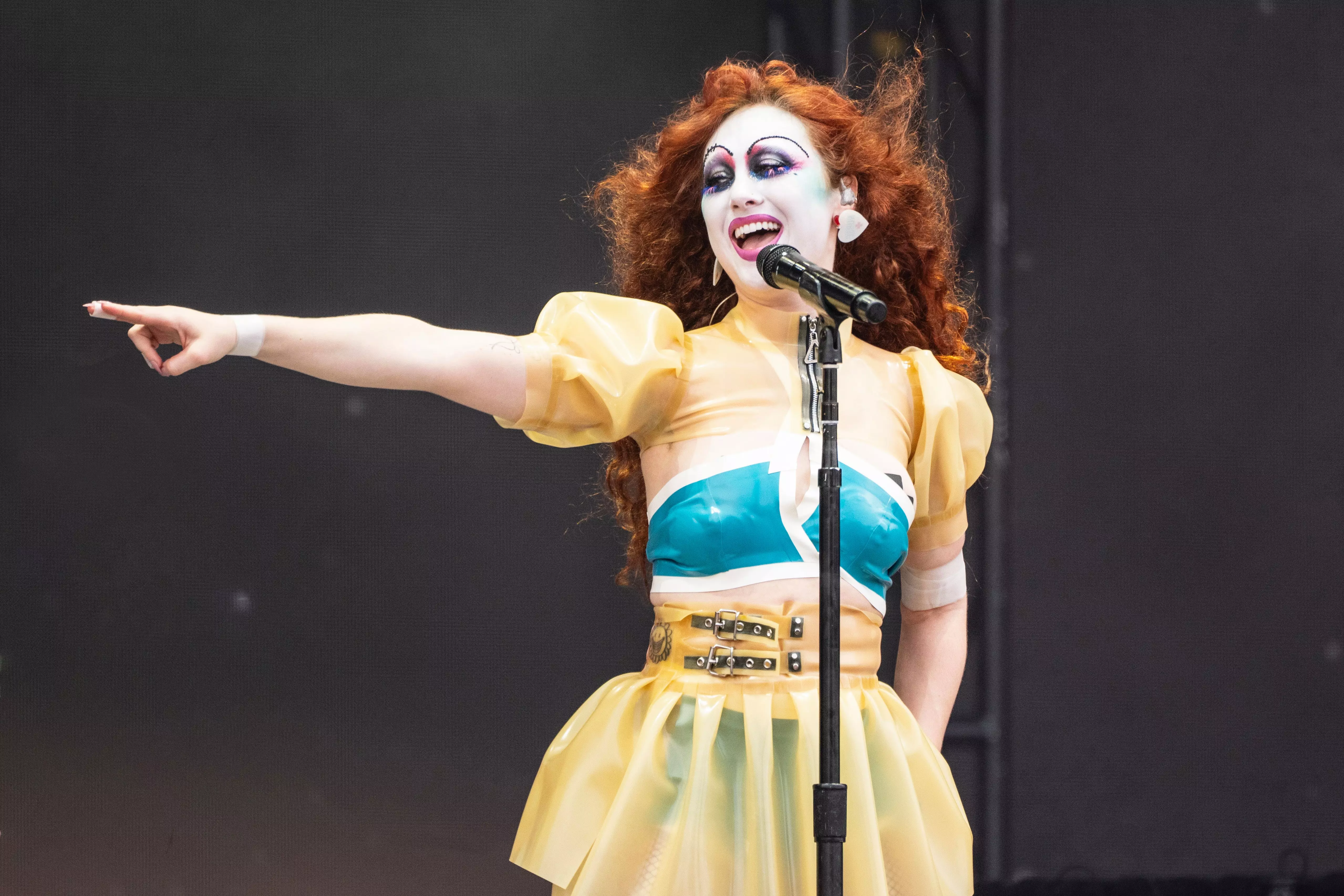
5 Artists Who Graduated From GRAMMY Camp: Chappell Roan, Maren Morris, Blu DeTiger & More
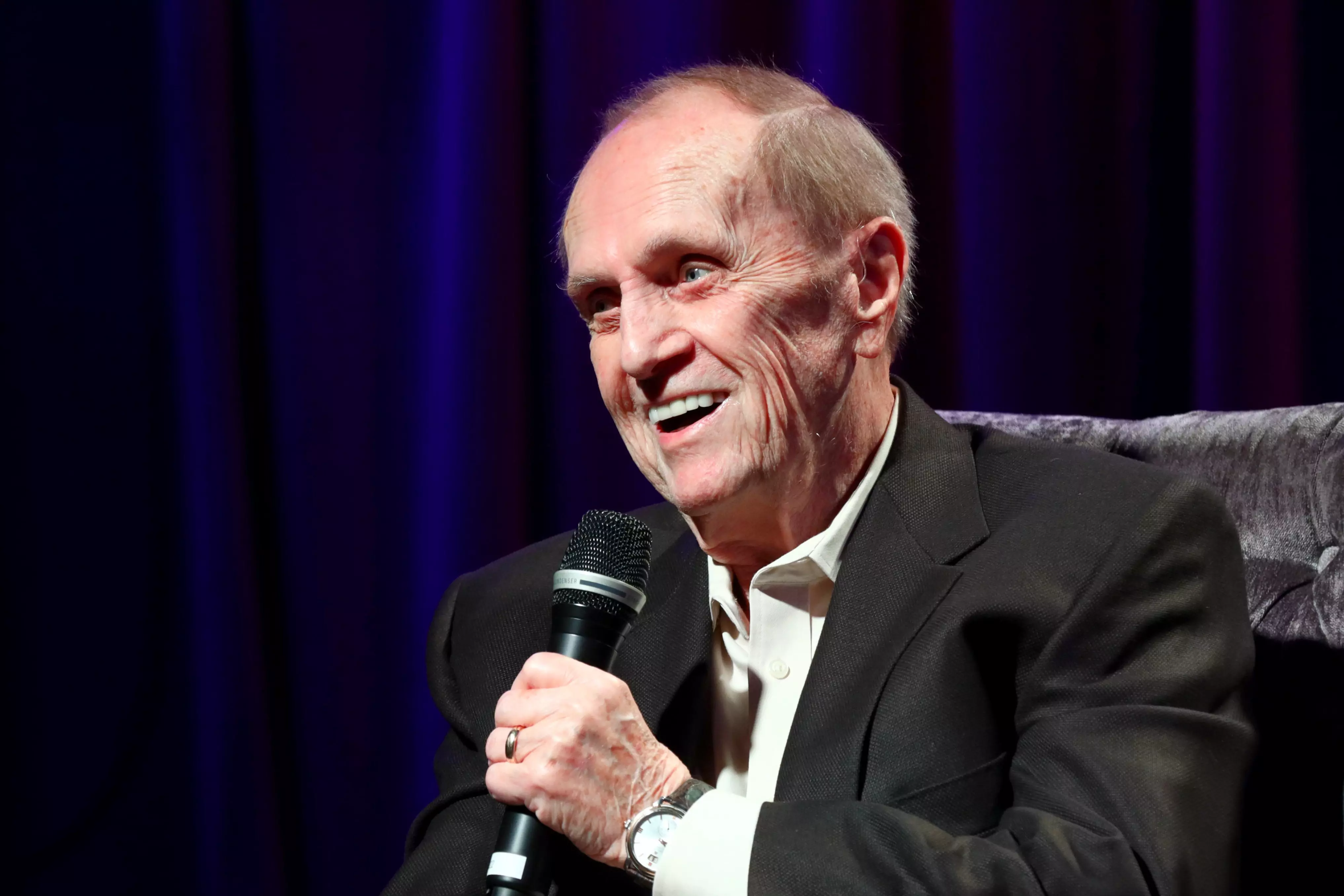
Remembering Bob Newhart, The Comic Who Made GRAMMY History With His Debut Album
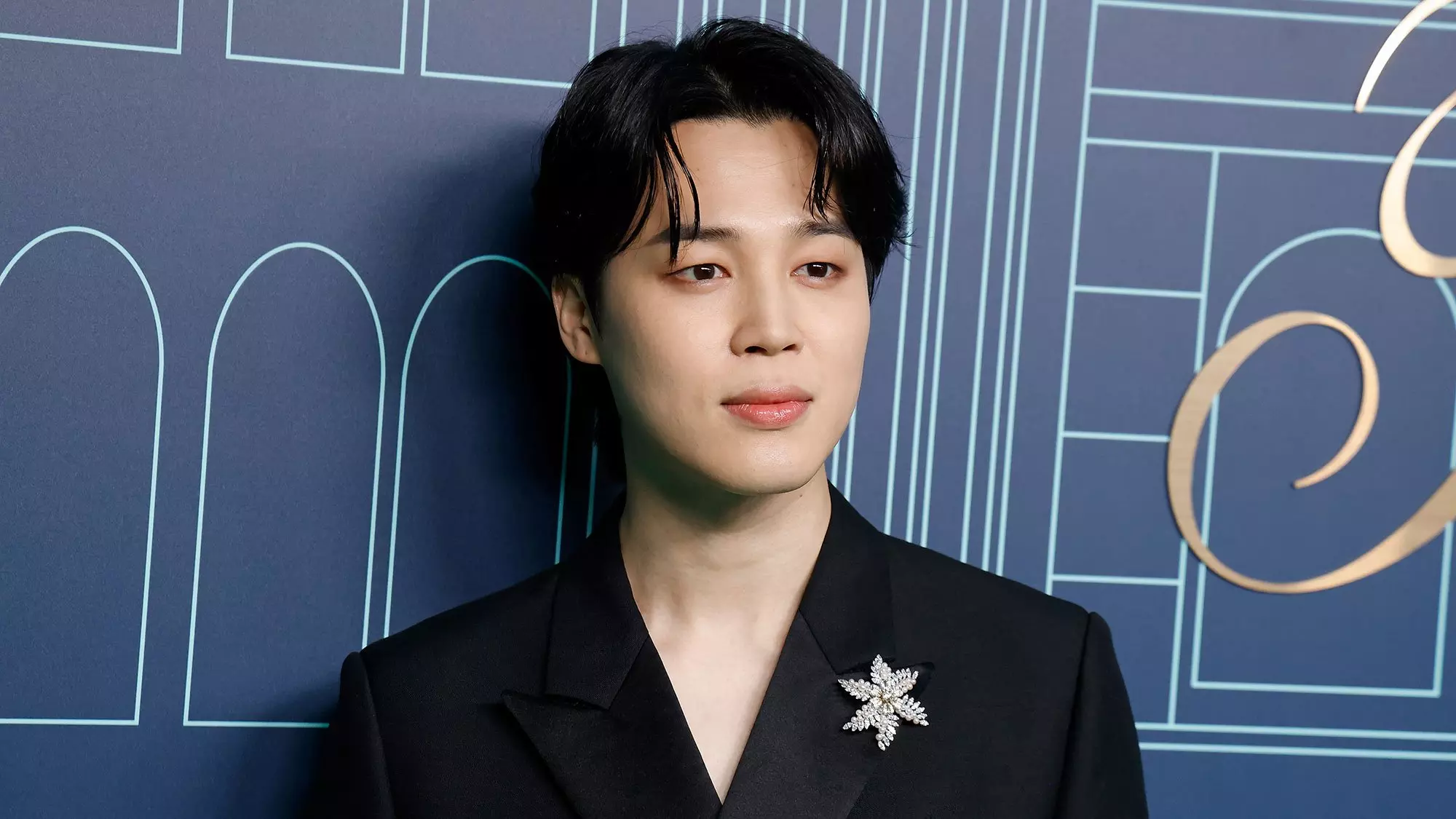
5 Takeaways from BTS Jimin's New Album, 'MUSE': A Bold Exploration Of Love And Inspiration

Ladies And Gentlemen, Glass Animals Are Floating In Space

Watch Stevie Wonder Win Album Of The Year
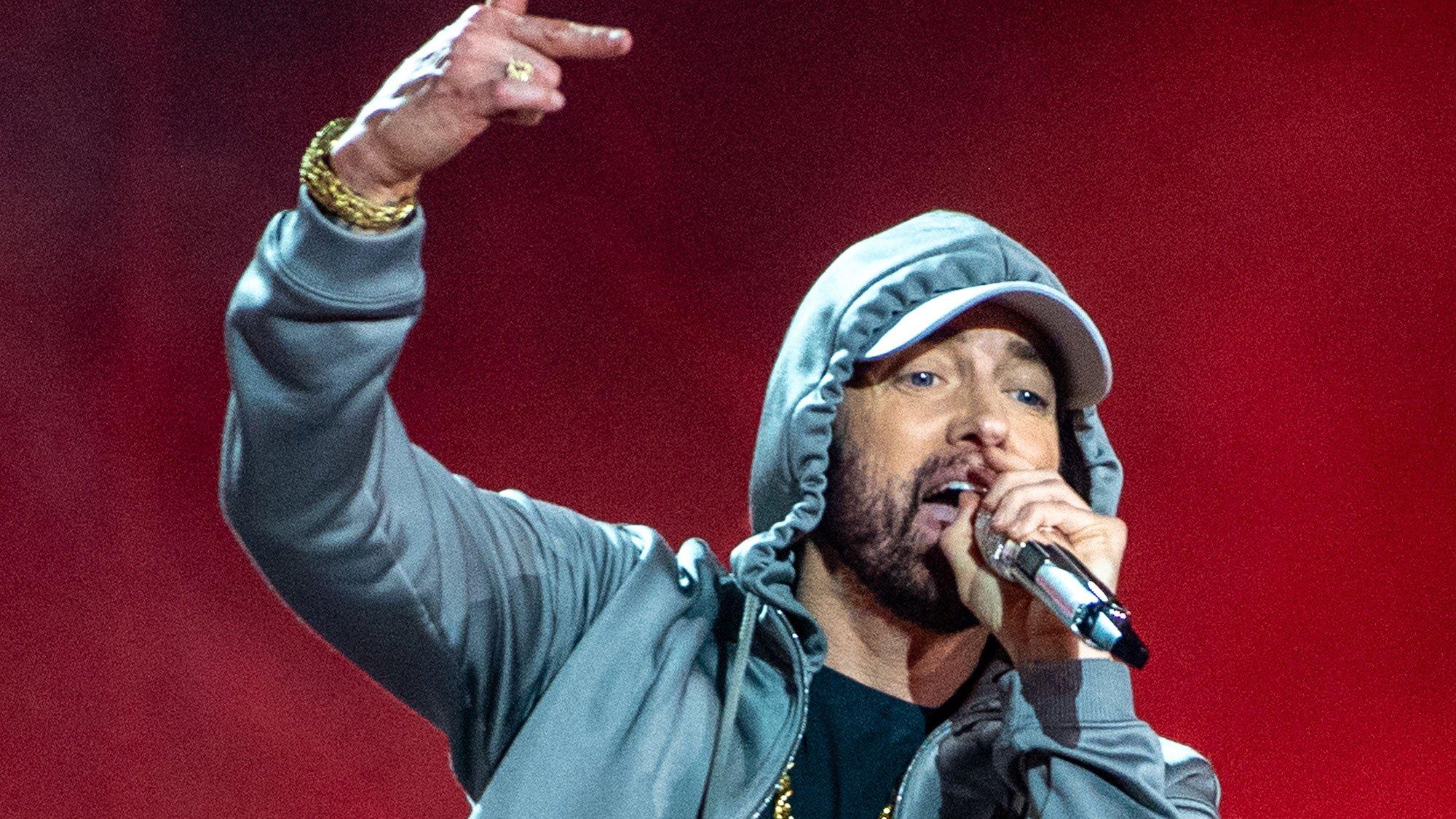
Photo: Aaron J. Thornton/GettyImages
news
New Music Friday: Listen To New Releases From Katy Perry, Eminem, Nelly Furtado & More
As temperatures rise, chill out with these fresh tracks, albums, and collaborations from Nelly Furtado, One OK Rock, Uncle Kraker, and more, all released the week of July 12.
As summer rolls on, more tracks from artists across all genres continue to drop, and we couldn't be more excited. With album releases from John Summit, HARDY, OneRepublic, and Cat Burns to fresh singles from collaborations including Alesso and Nate Smith, July 12 brings a handful of new music to enjoy.
As you stroll through the weekend, make sure to check out these nine musical projects:
Katy Perry — "Woman's World"
Serving as the lead single from 143, her first studio album since 2020, Katy Perry releases "Woman's World," a new pop track celebrating girl power and womanhood. Perry wrote the track alongside songwriter Chloe Angelides and producers Dr. Luke, Vaughn Oliver, Rocco Did It Again!, and Aaron Joseph.
Initially teasing the track through social media, the song drew attention from pop fans globally. The lead single from 143 marks both a comeback and a new era for the American Idol judge. "I set out to create a bold, exuberant, celebratory dance-pop album with the symbolic 143 numerical expression of love as a throughline message," Perry explains in a press statement.
Eminem — 'The Death of Slim Shady (Coup De Grâce)'
Guess who's back? Eminem returns with his twelfth studio album, The Death of Slim Shady (Coup De Grâce). The album appears to be his last project before retiring his notorious alter ego, Slim Shady.
A standout track on the album is "Guilty Conscience 2," a sequel to the 1999 collaboration with Dr. Dre. Leading up to the album release, Eminem dropped two singles, "Houdini" and "Tobey," featuring Big Sean and BabyTron. The album is both a blast from the past and a revived representation of the renowned Detroit-raised rapper.
Nelly Furtado — "Corazón"
Premiering the song at her Machaca Fest set, Nelly Furtado returns to music with "Corazón," the lead single off her new album 7. The track is an upbeat dance song with lyrics in both Spanish and English, along with drums and flutes that bring it to life. The track was two years in the making, according to Furtado on Instagram.
"The essence of the song is that we're just out here living and trying to do our best," Furtado told Vogue. "Even when we make mistakes, it's coming from the heart. When it comes from the heart, it's never a mistake."
7 is set to captivate both loyal fans and new listeners. Centered around the vibrant theme of community, Furtado felt an irresistible pull toward creating new music, inspired by the diverse communities around her. The spirited energy of the DJ community that breathes new life into her pop classics to this day and the passionate online community yearning for her return, spurred by her collaborations with Dom Dolla and Tove Lo and SG Lewis, have both played a crucial role in Furtado's renewed artistic journey.
Clairo — 'Charm'
Amidst the viral resurgence of her 2019 track "Bags" on TikTok, indie sensation Clairo unveils her eagerly anticipated third studio album, Charm. Co-produced with GRAMMY-nominated Leon Michels of El Michels Affair, this enchanting project underscores a striking blend of musical artistry and innovation.
"I want afterglowing, and when I call a car / Send me eyes with the knowing that I could pull it off," she sings in "Sexy To Someone," the lead single from the album. Putting introspective lyricism at the forefront of all her projects without sacrificing quality instrumentals, this album is no exception.
Alesso & Nate Smith — "I Like It"
In this genre-crossing collaboration, electronic artist Alesso joins forces with country singer Nate Smith on their new single, "I Like It." Though an unexpected blend of styles, the song blends elements from both artists' sounds, seamlessly combining country and dance as they proudly declare, they "like it like that."
With Alesso's electrifying instrumentals perfectly complementing Smith's spirited country vocals, the track captures the essence of summer in a song and is set to make waves throughout the season.
One OK Rock — "Delusion:All"
Featured as the official theme song for the upcoming movie "Kingdom IV: Return of the Great General", Japanese rock band One Ok Rock releases "Delusion:All." The upbeat, cinematic track is the band's latest contribution to the "Kingdom" movie soundtrack series, following their 2019 song "Wasted Nights."
"It's been a while since we wrote 'Wasted Nights' for the first series of 'Kingdom,' and we are very honored to be a part of the movie again," said vocalist Taka in a press statement. "We tried to reflect "the various conflicts going on in the world today and the modern society" in the song, while making it blend into the worldview of 'Kingdom.'"
Cat Burns — 'early twenties'
A love letter to her community and a deep dive into the intricacies of adulthood, Cat Burns presents her debut album, Early Twenties. Accompanying the album is a captivating short film directed by Libby Burke Wilde. The film tells the individual narratives of each character, touching on themes of mental health, relationships, and personal identity, mirroring the album's essence.
With this well-rounded creative project, Burns showcases her full artistic prowess, making these releases a testament to her pioneering creative vision.
Uncle Kracker — 'Coffee & Beer'
Making a triumphant return to music after 12 years, Uncle Kracker breaks down the boundaries between genres once again with his latest album, Coffee & Beer. The 13-track album intertwines country, pop, and rock, offering a musical journey that ranges from high-spirited anthems to laid-back, mellow tracks.
"I wanted to give my fans a soundtrack to summer and what's better than the balance of first coffee…then beer? Coffee & Beer is going to be a fun one. Cheers," Uncle Kracker said in a press statement.
Meridian Brothers — 'Mi Latinoamérica Sufre'
Drawing inspiration from the golden era of '70s Congolese rumba, Ghanaian highlife, and Nigerian afrobeat, the Meridian Brothers unveil Mi Latinoamérica Sufre. This concept album integrates the electric guitar into tropical Latin music in an innovative fashion. The album showcases a dynamic tapestry of sounds, blending cumbia, champeta, soukous, Brazilian tropicalia, and psychedelic rock, making it an exciting sonic journey.
Latest News & Exclusive Videos

5 Artists Who Graduated From GRAMMY Camp: Chappell Roan, Maren Morris, Blu DeTiger & More

Remembering Bob Newhart, The Comic Who Made GRAMMY History With His Debut Album

5 Takeaways from BTS Jimin's New Album, 'MUSE': A Bold Exploration Of Love And Inspiration

Ladies And Gentlemen, Glass Animals Are Floating In Space

Watch Stevie Wonder Win Album Of The Year
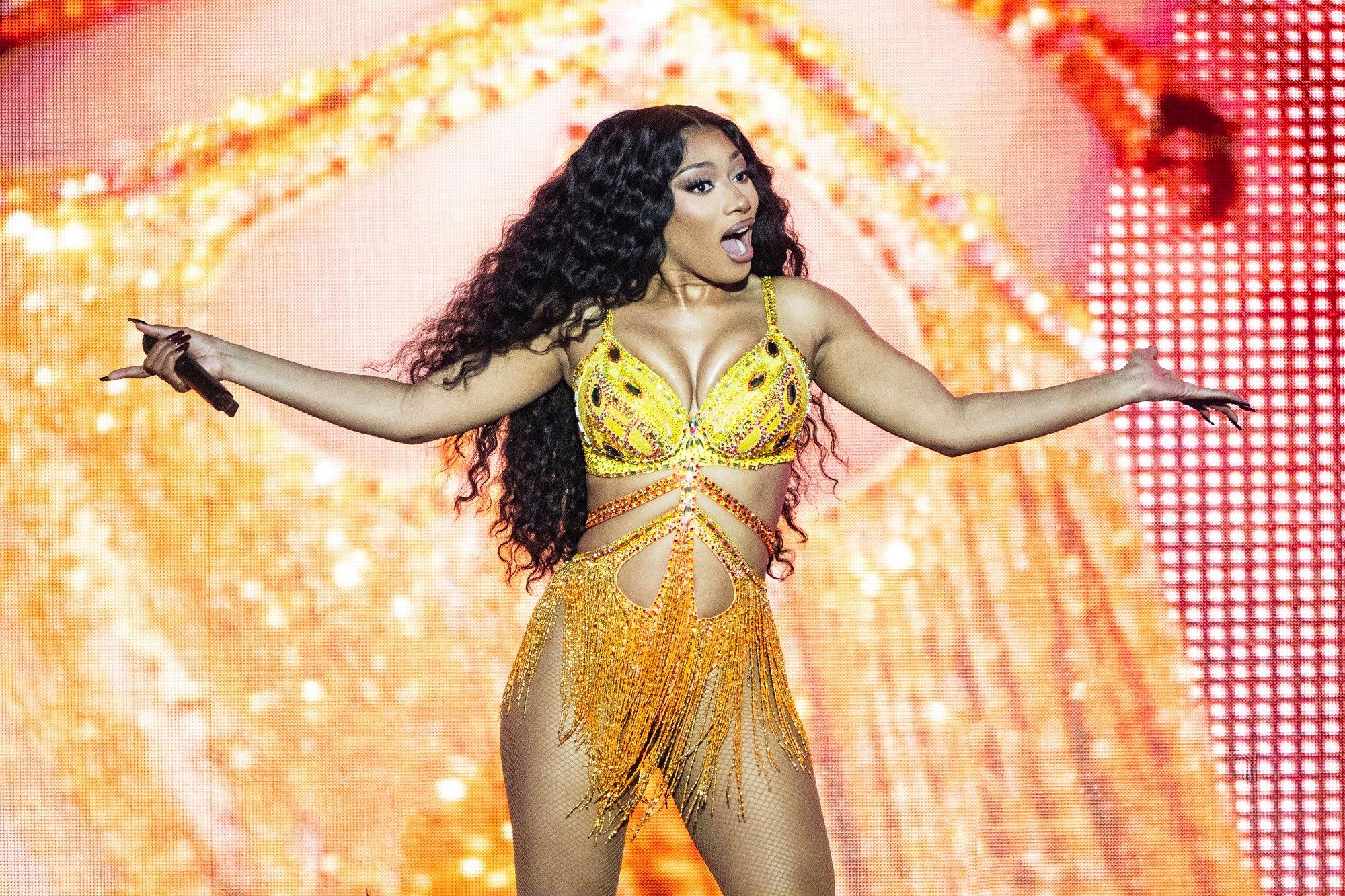
Photo: Erika Goldring/Getty Images
list
6 Takeaways From Megan Thee Stallion's 'Megan': Snakes, Shots & Self-Assurance
From the serpentine theme to Japanese rhyme schemes, Megan Thee Stallion's third album snatches back her own narrative and isn't afraid to take a bite.
Beware of venom: Megan Thee Stallion is not biting her tongue on her new album, simply titled Megan.
The GRAMMY winner's first full-length release in two years is also the first to drop under her own control. Fans have been ready for this release even before the first single, "Cobra," came out in November. The second single, "Hiss," followed in January and brought the star her first No. 1 hit on the Billboard’s Hot 100 and Global 200 charts. These songs, as well as the third single, "BOA," foreshadowed a certain slithery theme that helped shape the album.
Megan was released on June 28 and features guest stars such as GloRilla, Victoria Monét, Big K.R.I.T. and Kyle Richh as well as her longtime ace producers like Juicy J (who made "Hot Girl Summer" among other calling cards) and LilJuMadeDaBeat, who produced Stallion anthems like "Big Ole Freak," "Body" and "Thot S—."
Here’s what we learned from listening and vibing to the latest work by three-time GRAMMY winner Megan Thee Stallion.
A Theme Snakes Through Megan
As could have easily been predicted from the first three singles "Cobra," "Hiss" and "BOA," and now the album track "Rattle," there is a hint of a snake theme that wends its way through the album from beginning ("Hiss") to end ("Cobra").
In several songs, she denounces all the snake behavior that she has encountered from former lovers, friends, and haters who support those who have caused actual harm to her. In the music video for "Cobra," Megan literally sheds her old skin to reveal a shining new layer.
Megan Is Calling The Shots This Time
"I feel like Biggie, 'Who Shot Ya?’/But everybody know who shot me, bitch/ So now, let’s stop speaking on the topic," she rapped in "Who Me (feat. Pooh Shiesty)" off her 2022 album Traumazine. MTS was referencing the July 2020 incident in which rapper Tory Lanez shot her in the foot, and was subsequently charged with assault with a semiautomatic firearm and carrying a loaded, unregistered firearm in a vehicle.
Turns out, she wasn’t done referencing the topic. Now, she’s one taking the shots. MTS takes aim at less-talented women rappers on "Figueroa" (named for a Los Angeles street known for prostitution), and at Lanez on "Rattle," when she suggests that his male supporters should schedule a conjugal visit with him in prison. (Lanez is currently serving a 10-year sentence while simultaneously going through a divorce with wife Raina Chassagne.)
More Megan Thee Stallion News & Videos

6 Takeaways From Megan Thee Stallion's 'Megan': Snakes, Shots & Self-Assurance
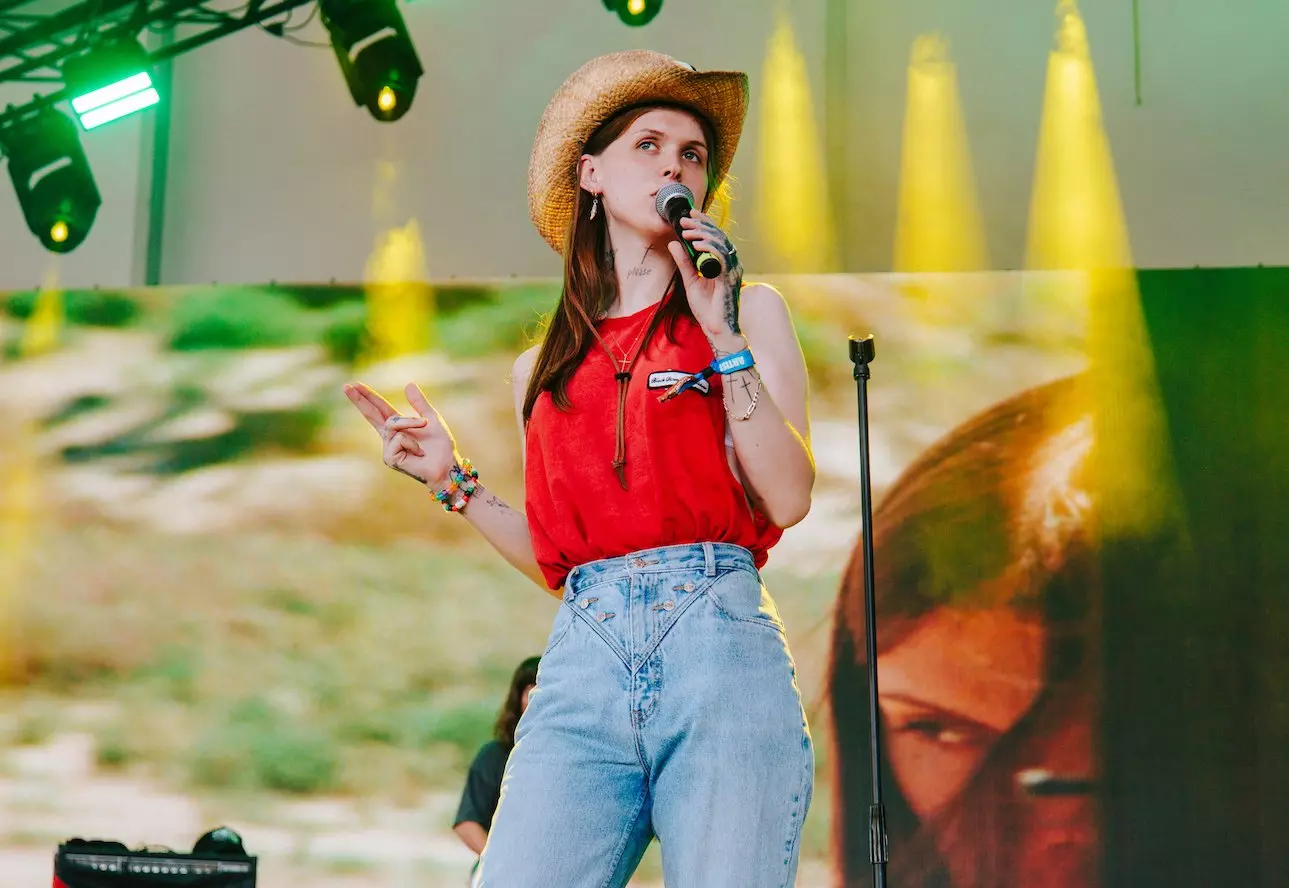
9 Epic Sets From Bonnaroo 2024: Ethel Cain, Melanie Martinez, Megan Thee Stallion & More
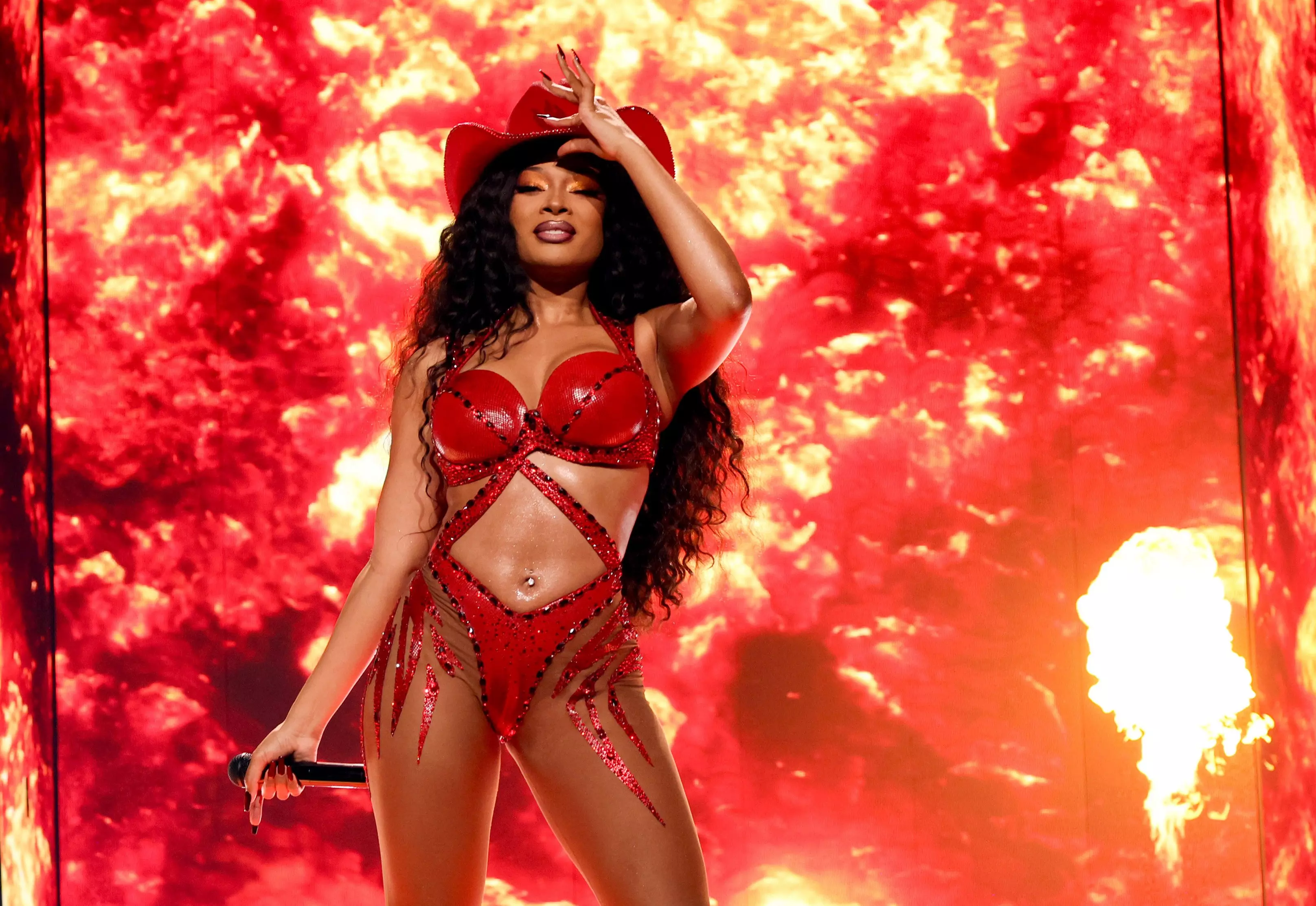
5 Iconic Moments From Megan Thee Stallion's Houston Hometown Shows
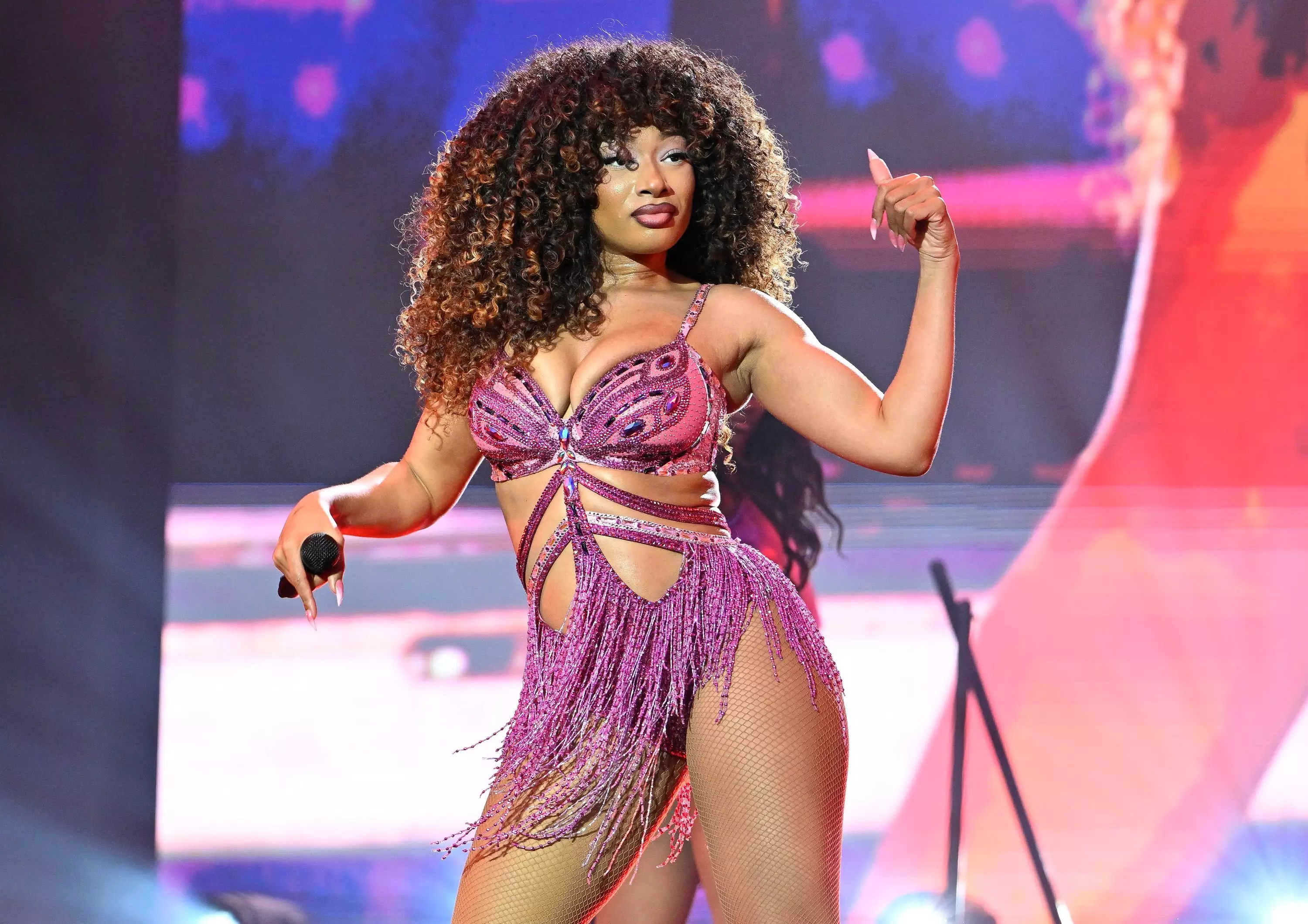
Everything We Know About Megan Thee Stallion's New Album 'Megan': Tracklist, Release Date & More
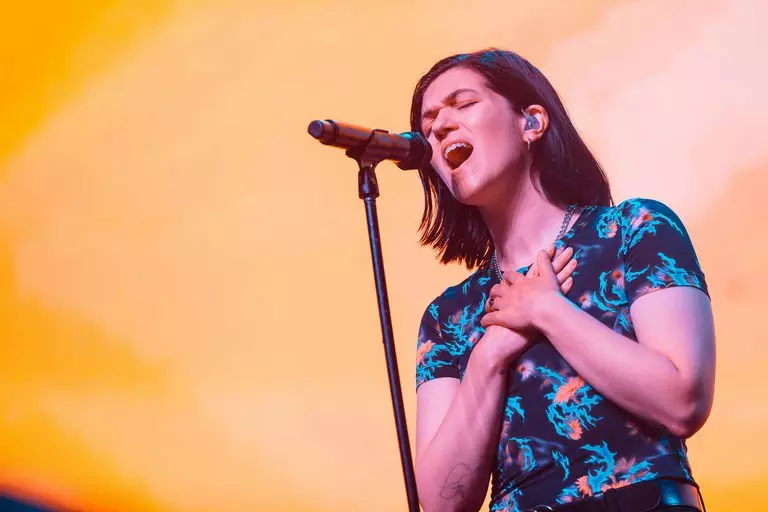
15 LGBTQIA+ Artists Performing At 2024 Summer Festivals
Inspiration Comes From Everywhere
The star and her collaborators incorporate unexpected musical influences on Megan via creative sampling. Megan Thee Stallion speeds up and flips Teena Marie's 1984 ballad "Out on a Limb" for "B.A.S." — a song she co-produced with her longtime ally LilJuMadeDaBeat. "BOA" is cleverly crafted from sounds in the first solo hit by Gwen Stefani, 2004’s "What You Waiting For?"
UGK are reunited from across the heavenly divide on the Juicy J-produced "Paper Together," with Bun B contributing new work and the late Pimp C joining in lyrical spirit. This is especially significant when considering that Juicy J produced "Intl’ Players Anthem (I Choose You)," UGK’s 2007 hit with Outkast. Juicy J also made the beats for Megan’s famous song "Hot Girl Summer."
That’s just the tip of the iceberg when it comes to samples waiting to be discovered on Megan. There are many more riffs and other musical notions that the sample bank in our brains have yet to detect.
Self-Love Is Queen
Whether she’s affirming, "I’m worthy, not worthless" on "Worthy," or literally touching herself in the auto-erotic "Down Stairs DJ" (which joins masturbation masterpieces like Divinyls’ "I Touch Myself" and Tweet’s "Oops"), Megan is grounded in songs that promote self-love as the best kind of love.
She does admit that this is sometimes a challenge to embody, as when she talks about lingering depression on "Moody Girl." But the album generally moves towards the light.
She Loves Japan
One of the big surprises on Megan is that she raps in two languages. She rhymes beautifully in Japanese on "Mamushi" with Yuki Chiba, a seasoned rapper from Japan who is influenced by the Southern swag. (Just take a look at the Memphis moves and Houston rhyme schemes of his viral song "Team Tomodachi.")
On "Otaku Hot Girl," she raps about the manga series "Naruto" and drops other anime references to show her love of Japanese pop culture.
Learn more: 10 Neo J-Pop Artists Breaking The Mold In 2024: Fujii Kaze, Kenshi Yonezu & Others
Megan's Game Is Tight
Megan is the first album to be released on Megan Thee Stallion’s own label. It follows her split from 1501 Certified Entertainment, a record label with which she was engaged in a protracted and ugly legal battle for earnings.
She now has the muscle of the major label Warner Brothers as a partner for her independent venture, Hot Girl Productions. She also recorded an Amazon Original song called "It’s Prime Day" for a commercial, as well as an exclusive Amazon edition of Megan.
It’s safe to say that this album represents a new level of business freedom and acumen for Megan Thee Stallion.
PRIDE & Black Music Month: Celebrating LGBTQIA+ & Black Voices

Celebrating 30 Years Of Essence Fest: How New Orleans & Multi-Generational, Diasporic Talent Create The "Super Bowl Of Culture"

Celebrating Missy Elliott: How The Icon Changed The Sound, Look & Language Of Hip-Hop

Tekno Talks New Music, Touring America & His "Elden Ring" Obsession

5 LGBTQIA+ Record Labels To Check Out: Get Better Records, So Fierce! And Others

Celebrate 40 Years Of Def Jam With 15 Albums That Show Its Influence & Legacy
